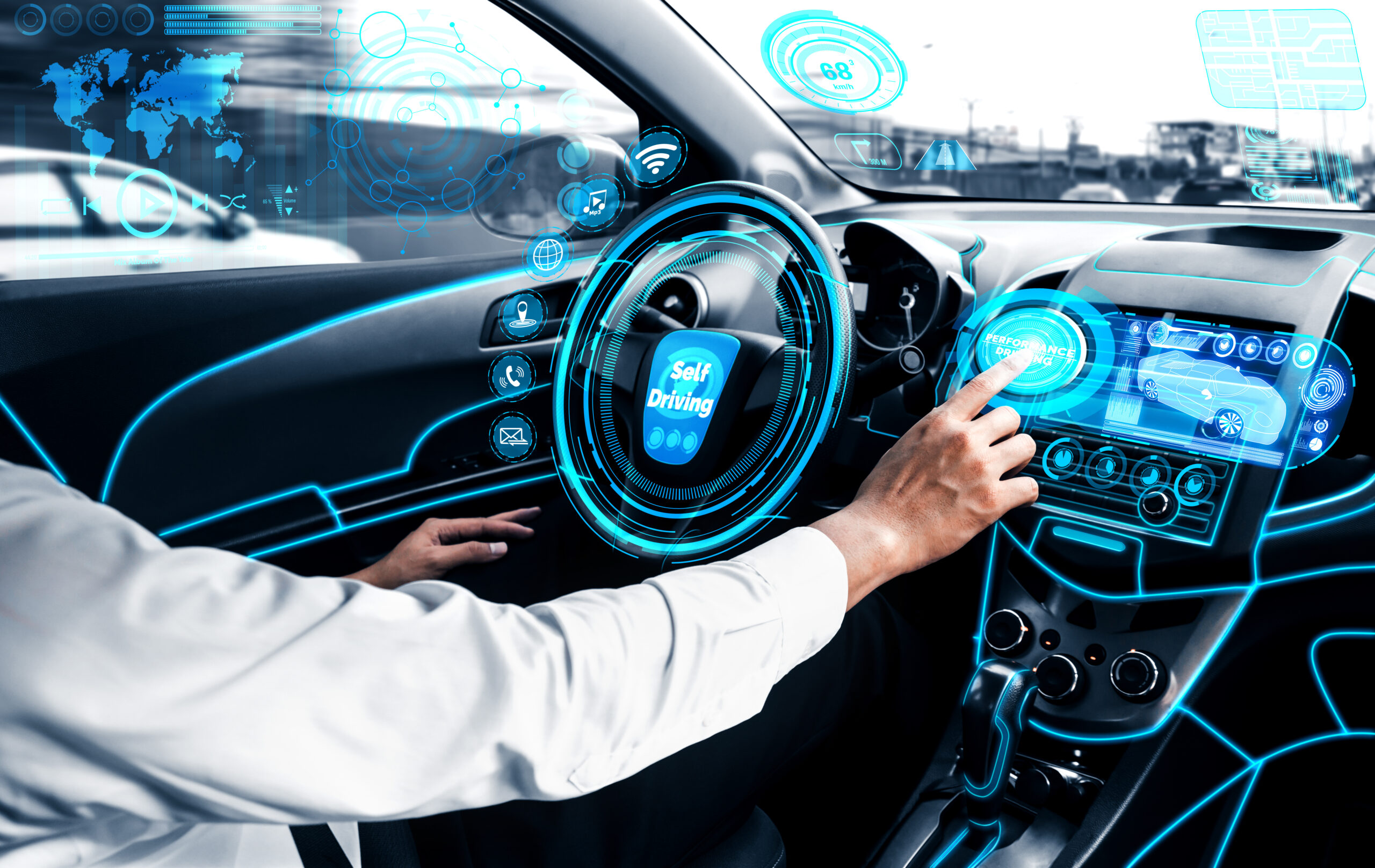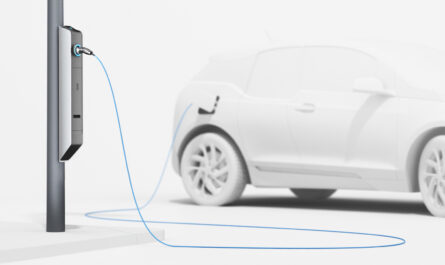Artificial intelligence (AI) is transforming the automotive industry by enabling new vehicle designs, driver assistance, and delivering customer experiences. It helps in reducing manufacturing costs and improving safety and reliability of vehicles. AI is also enabling car manufacturers to offer more personalized services, personalize their marketing strategies, and automate lead management. The car as a platform (CaaP) business model is another major application of Artificial Intelligence in the automotive sector.
One of the most prominent applications of AI in cars is for detecting driver behavior and providing warning signals to avoid accidents. Many modern cars have an in-cabin camera that monitors the driver’s face to detect drowsiness or even determine whether they are distracted by other passengers, children, or pets. The system then sends a signal to the driver to alert them of danger. The technology has been widely adopted by various automakers to improve cabin safety and provide a more comfortable driving experience for their customers.
Other important applications of AI in cars include enhancing the user experience and identifying potential problems. If a sensor detects a problem with the engine, the AI system may warn the driver in advance and suggest an immediate repair. This will save time and money for the driver in case of a breakdown or failure. AI can also help with a more streamlined maintenance schedule by predicting the condition of different vehicle parts.
One of the primary applications of Artificial Intelligence in Automotive Market is in autonomous driving systems. AI-powered algorithms process data from sensors such as cameras, lidar, radar, and ultrasonic sensors to interpret the environment and make real-time decisions. This enables self-driving cars to navigate roads, detect obstacles, and respond to traffic conditions, reducing the risk of accidents caused by human error and providing potential benefits like reduced traffic congestion and improved fuel efficiency.
Similarly, intelligent systems in modern cars can learn about the driver’s driving patterns and even identify the occupants inside the vehicle to automatically set temperature controls and play music or movies. AI in vehicles also makes the ride more comfortable for passengers by learning their preferences. The car adjusts the seat, mirror, and other features to suit their needs.
Another major application of Artificial Intelligence in Automotive industry is to enable car manufacturers to manage supply chains more effectively. As most vehicle components come from a wide variety of suppliers, any disruption in the supply chain could cost the manufacturer a lot of money. AI provides three essential benefits to alleviate the core issues that cause supply chain disruptions: speed, transparency, and predictive ability. If there is an unexpected increase in demand for a particular car model, the AI system can notify suppliers and forecast production volumes to ensure sufficient inventory.
AI can also streamline engineering processes by allowing designers and engineers to test virtual prototypes of new car designs using generative design algorithms that generate hundreds of possible design variations for a specific component. This helps in eliminating the need for expensive physical testing and speeding up the development cycle.
Intelligent AI systems can also predict and alert drivers about impending maintenance issues like low tire pressure or the need to change oil. This is particularly useful for fleet managers who can monitor the health of each vehicle and address any potential issues before they become critical. This will allow them to reduce the frequency of service visits and improve overall vehicle performance.
Didi Chuxing, and Volvo Cars declared their strategic partnership, in May 2021. Under the agreement, autonomous drive-ready XC90 cars by Volvo will be integrated with a new self-driving hardware platform by DiDi Gemini.



